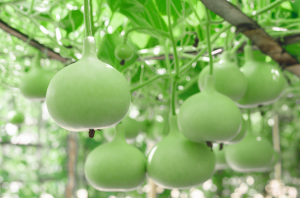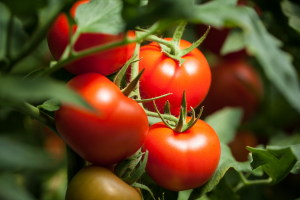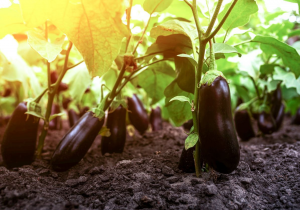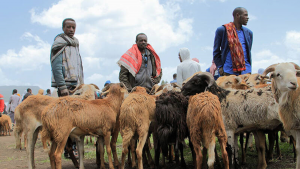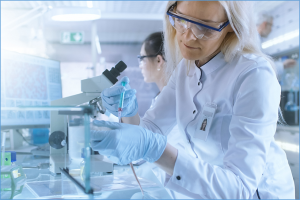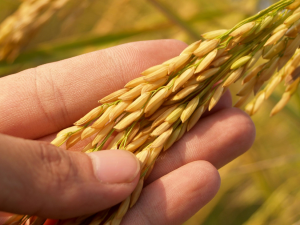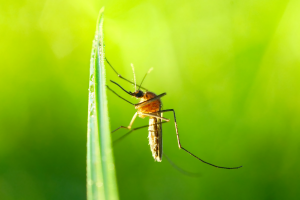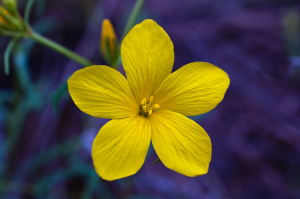A team of researchers from the Boyce Thompson Institute (BTI) and the United States Department of Agriculture (USDA) has uncovered new details about the origins and spread of the bottle gourd, one of the oldest domesticated crops. This research unveils the genetic diversification and population history of this hard-shelled plant used to make bottles, instruments, and containers for over 10,000 years by ancient civilizations.
Chinese researchers explore the function of the NAC transcription factor NOR-like1 gene in tomato fruit softening. The findings of their study are reported in Postharvest Biology and Technology. Softening in fleshy fruits is a critical aspect that significantly influences their overall quality and shelf life. Previous studies show that the NOR-like1 gene affects fruit ripening and firmness. Thus, the researchers generated knockout and overexpressing NOR-like1 lines of tomato using CRISPR-Cas9 technology to understand the function of NOR-like1.
Researchers from Ryukoku University and Osaka Metropolitan University in Japan have grown transgenic eggplants with high beta-carotene content. These crops were grown under artificial lighting. Eggplants only have few carotenoids, like beta-carotene, compared to tomatoes. That is why scientists are searching for ways to boost the amount of beta-carotene in eggplants to make it more nutritious.
Scientists used genetic engineering on bacterium to produce leather that is animal- and plastic-free. This sustainable leather also has self-dyeing properties. Bacterial cellulose (BC) is a promising alternative to leather due to its biodegradability, material properties, and low infrastructure needs. However, in order for BC to be sustainable, producers also need to find safer alternative methods to dye textiles.
In Ethiopia, an innovative and easy-to-use digital tool (DTREO) has helped Community-Based Breeding Programs (CBBPs) transform the lives of thousands of goat and sheep breeders through data collection that supports more informed decisions on selecting superior males for breeding and access to new market opportunities. DTREO is now being introduced and pilot-tested by ICARDA to establish and optimize management as well as sheep and goat breeding programs in Jordan, Tunisia, and Mali.
Researchers from the University of California, Los Angeles (UCLA) suggest that genetically engineered dendritic cells could improve stronger immune responses against lung cancer. This method enhances the effectiveness of a type of immunotherapy called immune checkpoint blockade. Their study is published in Cell. Checkpoint blockade immunotherapy is a treatment for cancer that uses immune checkpoint inhibitors to keep the body's immune system strong and enhance its ability to fight off cancer cells.
A group of researchers from Bacha Khan University in Pakistan and other institutions investigated a type of plant protein called MYB transcription factors (MYB TFs) to see if they could improve crop yields under stressful conditions like heat, salt, and drought. Their findings are published in GM Crops & Food.
Using CRISPR-Cas9, a study published in the Journal of Integrative Plant Biology shows that the null mutants of OsGA2ox7 exhibit an increase in the seed germination ability of rice under salt stress. The findings of the study highlight the role of OsHAK9 in helping seeds germinate much better in salty environments. Salt stress significantly affects rice growth and productivity, with 50% yield losses reported at low salinities. In this study, the researchers used MutMap to pinpoint the gene responsible for this issue.
Public trust in government agencies greatly influences public perceptions and opinions on policy issues. With the emergence of gene drive technology, understanding public trust in regulatory agencies is crucial in supporting policy development. A study published in Review of Policy Research explores public trust in regulatory agencies that may lead to enabling policies for gene drive applications and research.
Yield10 Bioscience announced that the Plant Biosafety Office of the Canadian Food Inspection Agency recently reviewed information on the Company's E3902 Camelina sativa (Camelina) and determined that E3902 is not a Plant with Novel Trait and is not subject to a pre-market notification under Part V of the Seeds Regulations. Yield10's E3902 Camelina combines genome edits in three proprietary genetic traits, C3008a, C3008b, and C3009, that result in an increase in oil production by five percent and produce a lighter seed coat color than the parental Camelina line. E3902 Camelina remains subject to other applicable requirements of the Seeds Act and Regulations in Canada.


 Curently online :
Curently online :
 Total visitors :
Total visitors :
